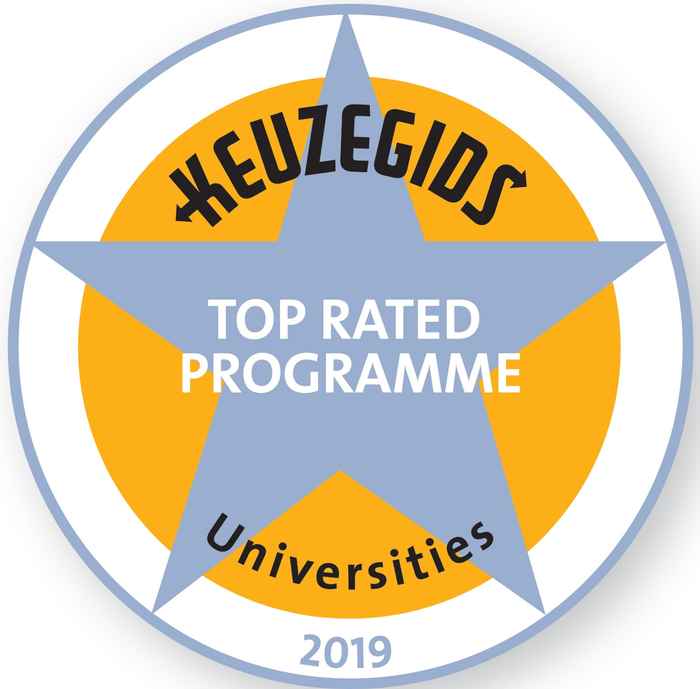Study programme

The programme was established in 1995 by the Institute for Logic, Language and Computation (ILLC), and remains firmly embedded in this research institute, with staff members from the fields of Computer Science, Philosophy, Cognitive Science, (Computational) Linguistics and Mathematics. The goal and the underlying spirit of the MSc Logic is to connect traditional fundamental research in the formal sciences with a wide variety of applications that range from Information Sciences to Linguistics and Philosophy.
Studying Logic at the University of Amsterdam
The MSc Logic is a research-oriented programme for highly motivated students with an excellent academic record. The programme is open to students from all over the world and is characterized by the I³ approach, satisfying Interdisciplinarity, Internationality and Individuality.
- Interdisciplinarity
Logic constitutes an important area of research that spans Mathematics, Computer Science, Philosophy and Linguistics and that has important applications in the social sciences. This programme is quite unique in that logic is the prime area of interest, while at most other universities around the world it is only a subordinate component of other fields. - Internationality
The majority of students in the MSc Logic come from outside the Netherlands. The wide variety of nationalities represented in the programme creates flexibility and encourages open and inquisitive minds. In short, geographic mobility creates intellectual mobility. - Individuality
Since the main educational goal of this programme is the formation of an individual research profile on the basis of each student's strengths and interests, there are very few required core courses. Students are assisted in designing their own personal programme by their academic mentor.
Choose between four tracks
All students are required to participate in the course 'Logic, Language and Computation', which provides an introduction to research areas that are being pursued at the ILLC. Depending on their background, students can choose between four tracks:
- Logic and Mathematics; Courses offered in the track Logic and Mathematics focus on the mathematics of modal logic, mathematical analysis of games and set and model theory.
- Logic and Computation; The Logic and Computation track focuses on games in computer science, complexity theory and algorithms.
- Logic and Philosophy; courses in the track Logic and Philosophy focus on the philosophy of language and mind and the cognitive sciences.
- Logic and Language; Logic and Language track offers courses that focus on formal models for natural language semantics and computational linguistics.
You can thus expand on the original field of your Bachelor's programme while simultaneously working toward common goals and shared interests with students from a wide variety of backgrounds.
Mentor
Each student is assigned a member of the academic staff as a mentor. Mentors help students design individual curricula according to their specific strengths, educational needs and interests.
Research-based thesis
During the second semester of the second year of the programme, each student writes a research-based thesis under the close supervision of an ILLC staff member. Upon successful completion, the thesis will be published in the ILLC Publication series.
Good to know: the annual UvA Thesis fair brings together industry experts and students of informatics, aiming to create innovative MSc thesis projects. Find out more about the UvA Thesis Fair.
Detailed curriculum and course information
For detailed information regarding courses, please see the UvA Course Catalogue. For detailed information about the curriculum, please see the website of the ILLC.
Accreditation and academic title
Degree requirements
A Master of Science in Logic is awarded upon successful completion of all the core courses in the curriculum and a written Master's thesis based on an independent research project. This translates into a total of 120 EC credits.
Accreditation
The Master's programme in Logic has been legally accredited by the Accreditation Organisation of the Netherlands and Flanders (NVAO) and has received the top ranking of ‘excellent' (= world leader in this area) in the categories ‘research quality of the programme', ‘research quality of the teaching staff', ‘student support and guidance' and ‘results of the programme'.
Upon successful completion of the programme students will receive an accredited Master's degree in Logic and the title Master of Science (MSc).
Bring your own device
All students enrolled in Logic are requested to bring their own laptop, due to the nature of the programme. More information on specific system requirements can be found here.